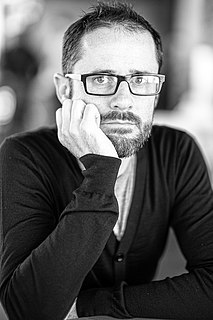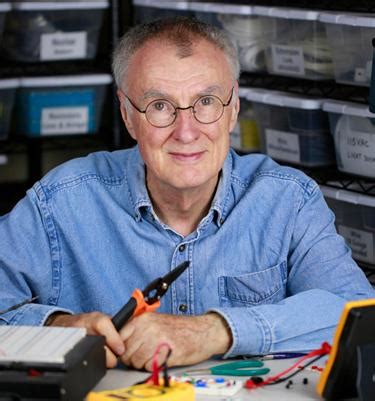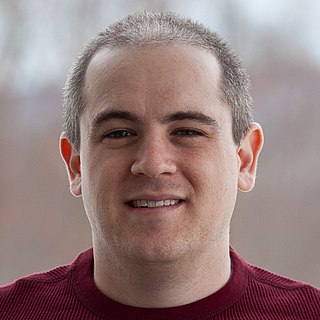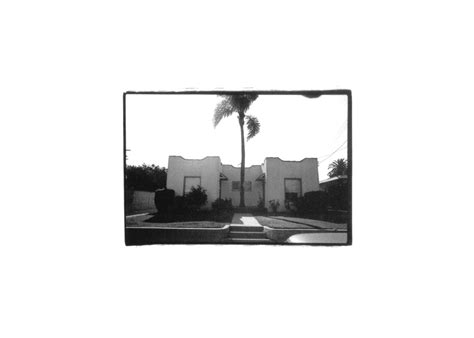A Quote by Mohammed Saeed al-Sahaf
The military part of our information network - which we were accustomed to rely on for exact information - was the first part of the network to fall apart
Related Quotes
The most powerful military in the world cannot invade, kill or capture a network or destroy every loose weapon on the planet. The best response to this network of terror is to build a network of our own -- a network of like-minded countries and organizations that pools resources, information, ideas, and power. Taking on the radical fundamentalists alone isn't necessary, it isn't smart, and it won't succeed.
Our information network is much better protected than our railroad network, and someone who cracks a system is able to cause far less human damage than someone who derails a train. Why, then, has 'computer crime' caused so much hysteria? Perhaps because the public is so willing - eager, even - to be scared by bogeymen.
As Stewart Brand (co-founder of Emeryville's Global Business Network) likes to say, "Information lasts forever. Digital information lasts forever or for five years, whichever comes first." There are examples everywhere. The tapes from the original Viking landers that went to Mars are at (NASA's) Jet Propulsion Laboratory, but there is no machine that can read the tapes.
We hypostatize information into objects. Rearrangement of objects is change in the content of the information; the message has changed. This is a language which we have lost the ability to read. We ourselves are a part of this language; changes in us are changes in the content of the information. We ourselves are information-rich; information enters us, is processed and is then projected outward once more, now in an altered form. We are not aware that we are doing this, that in fact this is all we are doing.
If you rely on the media for your information, to educate yourself about the candidates and what issues are facing the country, then you get just part of the equation. I think it's important that we as citizens of this democracy take the responsibility to get as much information as possible before we go into the voting booth.
Money and prices and markets don't give us exact information about how much our suburbs, freeways, and spandex cost. Instead, everything else is giving us accurate information: our beleaguered air and watersheds, our overworked soils, our decimated inner cities. All of these provide information our prices should be giving us but do not.
In my work, the information is the least important part. It's there, and the work wouldn't mean the same thing without it, but it isn't structured around the information. The most interesting part to me is the visual play... looking at this little universe of representation that I can make out of the world.



































